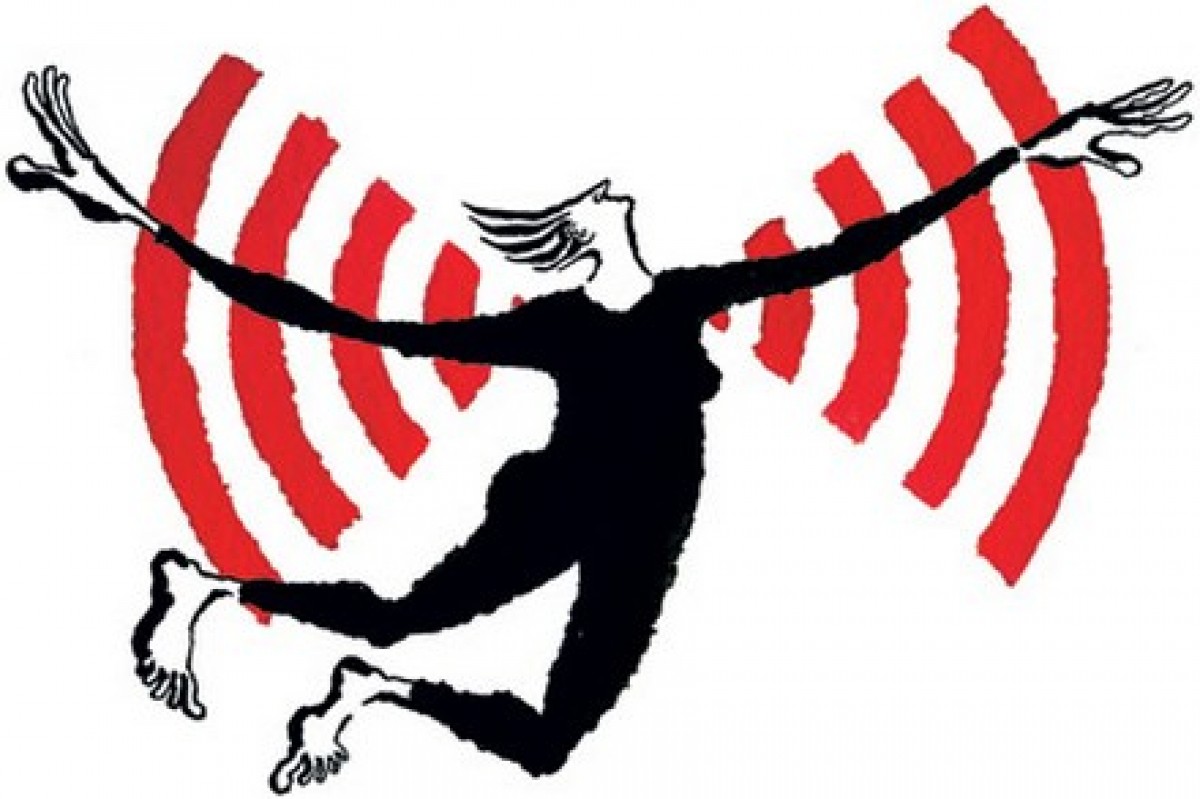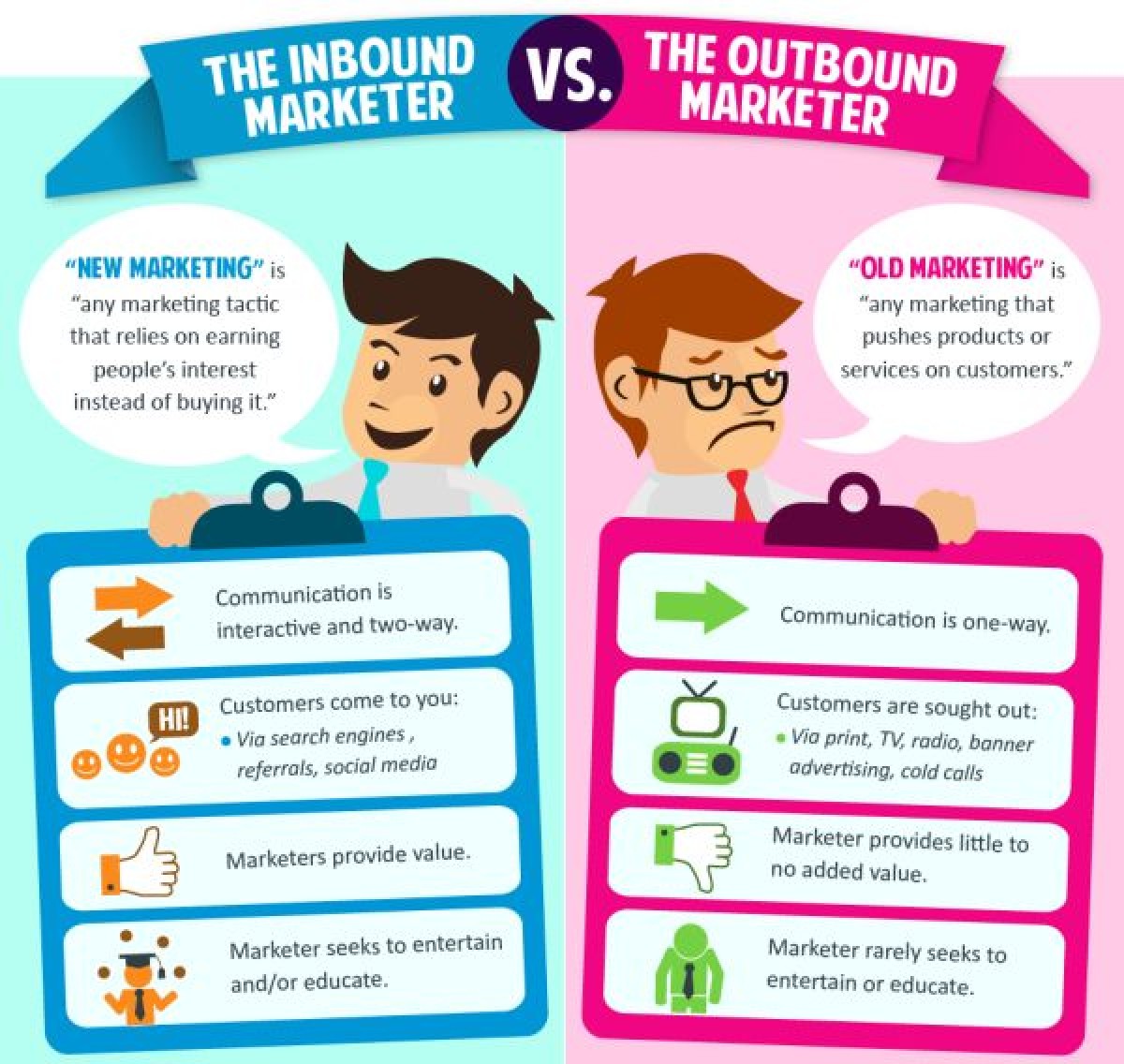How the Internet changed our life. Part II: Business
The internet surely revolutionized communication, but its impact on business is no less profound. No one could have predicted the enormous possibilities brought by innovation that shook the market and redefined many of its rules. Businesses conclude global partnerships, hire employees and interact with customers, an all-in-one organizer powered by the sheer force the internet is. Let’s take a closer look at how technology changed the nature of business.
There is a stunning flexibility regarding recruiting new employees for your company. Thousands of job search websites like CareerBuilder or Craigslist connect employers and employees and benefit both parties. Hiring solutions like Monster specialize further in this domain, bridging job seekers and job givers. You can profile your perfect job candidate in mere seconds, flicking through databases for a small part of the time you’d do that without the internet.
The revolution doesn’t stop here.
Working from home is a viable option now as employees need only access to the
internet and minor technological equipment to do their job. This can spare
office expenses and provide a revitalizing experience due to the changed
workplace. Alternating between working in the office and from home improves
motivation.
Outsourcing has become a trend now, especially in the IT sector. Some reports say that as much as 70% of the sector will follow the outsourced model by 2017. Does it matter if a company is registered and operates in USA but you’re living in Eastern Europe? Not at all. Regional companies easily outsource production or services in different parts of the world powered by internet.
The internet age gave birth to a new
type of people too – the so called digital nomads. Most of them are freelancers
– developers, content creators, designers, utilizing platforms like UpWork. The digital
nomads travel around the world as there are no geographical
boundaries for them – only the need of a good internet connection.
Whether it's hanging around Spain or Thailand, staying in Canada, USA or
South Africa, designing new templates or crafting business blog posts,
this newborn profession is a creation of technology.
And we can't skip on the art of affiliate marketing that can combine all of these in one place. Of course, if you follow the precautions Forbes mentions in their illuminating article first.
Affiliate marketing can differ quite a lot depending on the niche, manufacturers and approach. Niches range from popular, 20's and 30's male audience targeted niches like tech and gadgets (think ThisIsWhyImBroke style), to something more related to a real craft - like tools for barbers and stylists.
What's common here is that you need to mix both digital marketing, web design, copywriting/content creation skills and, possibly, HR & outsourcing if you want to delegate your tasks.
Welcome to inbound marketing
Technology reinvented the way
businesses promote their services and products to customers. The old ways of
marketing involved painful activities on traditional media (TV, radio,
newspapers), including the dreaded cold calling and an all-around begging for
the consumer’s attention. Internet
turned this around, introducing inbound marketing – the art of attracting
customers to your brand via quality blog content, SEO, social media utilization,
e-books, podcasts and many more.
All of these involve bringing visitors in instead of going out to hunt for them in a mostly ineffective way. Instead of interrupting their daily activities in the ways of outbound marketing, marketers now let customers design their own personal time to explore brands and get engaged with them.
The kings are dead, long live the kings
It’s important to note that internet brought major renovation in the business sector. Some businesses saw decline to the point of near extinction. Examples among these are the standard music industry relying on CD/DVD sales, travel agencies, video rental and traditional print media. The web introduced the harsh truth of the market – adapt or die, and those who paid no attention have descended into oblivion.
Alternatively, tech revolution led to a bold innovation spearheaded by web design agencies, developers, marketing agencies and ecommerce. Mobile apps generate millions of revenue, distributed in widely used App Stores, website creation is on the rise since swarms of new users create online shops, blogs or websites. The IT sector is blooming and is hungry for more expansion, delivering starkly rising employment for millions.
Ecommerce and its glorious victory march
Some days ago we talked about the ultimate expansion of ecommerce, a market growing unbelievably fast that is estimated to be worth $1.5 trillion in 2014.
Internet is the era of freedom for all small business owners or aspiring entrepreneurs. The ability to connect with prospective customers with the lowest amount of investment needed is invaluable. Ecommerce offers automation (in terms of checkout, billing and other required operational processes). It sustains an environment that is niche-friendly, thus expanding the variety of choice a trader can have. It also ensures better targeting, a more functional visitor-engagement via social media, 24/7 buying/selling process and many other advantages.
Website builders like Microweber are all around the corner, offering inexpensive and functional solutions for building one’s own online shop or website. Due to their competition, scalability is outstanding - plug-ins, modules and other types of extensions ensure software growth corresponding to the growth of the business at hand. Brick and mortar shops have seen an alternative which has long started to devour them and establish itself as a law of modern commerce.
In a nutshell, ecommerce just made sure everyone can start an own business with astonishingly low costs, ignoring any geophysical barriers.
A brand way to connect with colleagues and customers
Solid business is a behemoth of sorts – it’s big, slow, hierarchical and requires a ton of time for decision making. Internet helped to tone down this burden, improving communication and ensuring swifter decision making and action.
Different corporate teams from all around the world can communicate in an instant by e-mail or better yet – a Skype conference call or a Google Hangout. What once took hours or even days is now done in an instant. This applies not only to intracorporate communication – interaction with customers benefits too as social media company pages and profiles make it easier to receive feedback and react to it.

The web also gave birth to heaps of services that are of invaluable help to every business out there. Analytic tools like GoSquared, or CrazyEgg, or Google Analytics, mailing solutions like MailChimp, side-kicks to better social media sharing like Buffer, businesses all around the world now have access to a wide range of applications and software that lets them acquire maximum insight, precision and functionality in their work.
Last but not least, the internet led
to the emergence of business networking. Social media like LinkedIn, Q&A
platforms like Quora, colossal websites like Reddit provide a terrific
environment for both employees and CEOs to brainstorm ideas and find
inspiration from other people in their niche.
Bonus: The (sometimes happy) marriage between business advertising and internet slang
Given the fact that we discussed how internet influenced our current communication and saw its own slang come forth, it would be bad to leave out the correlation between this phenomenon and business.
The merge of internet slang and business is funny, wacky and strange at times and downright ridiculous at others. We have seen a fair amount of fails while trying to emulate the internet pop culture into an advertisement, but there have also been huge successes as many viral videos show.
Google Nexus advertisement with lolcats or Virgin Mobile using the Success Kid meme for its campaign are just a short examples of this; a symbiosis between popular internet culture, goofiness, slang and profitable business. Oh, Windows are not left out of the box too.
So there you have it – some of the ways business got completely changed by internet and its unstoppable force. Next thing we’ll be focusing on the way we entertain ourselves – a broad topic that we all know a lot about.
 Image by Belle Mellor
Image by Belle Mellor  An old but gold infographic by VoltierDigital.com
An old but gold infographic by VoltierDigital.com 
Comments for How the Internet changed our life. Part II: Business
Log in